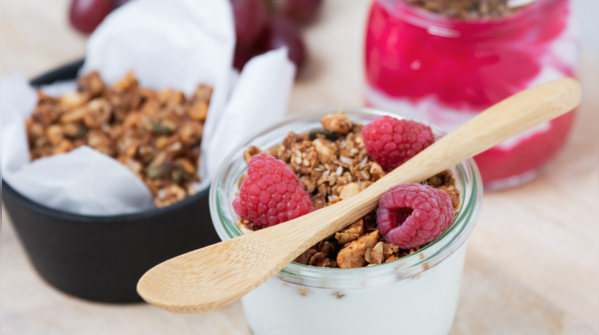
1/7
Indian dahi or Greek yogurt? which is better for vegetarians
When it comes to healthy eating, yogurt is a staple in many vegetarian diets. Among the popular choices are traditional Indian dahi and Greek yogurt, both packed with probiotics, protein, and essential nutrients. However, each offers unique benefits depending on your dietary goals and preferences. Indian dahi, made with natural fermentation, is lighter and easily digestible, while Greek yogurt is thicker, creamier, and higher in protein. For vegetarians seeking optimal nutrition, understanding the differences between the two can help in making a better, more informed choice.
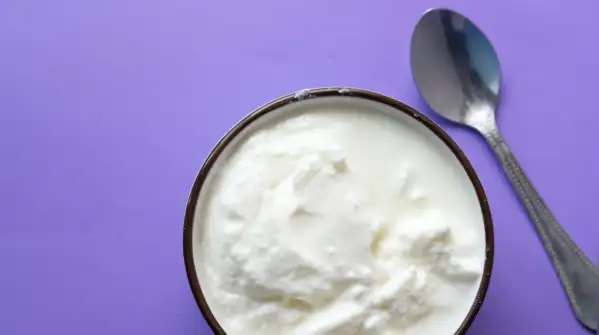
2/7
Dahi vs. greek yogurt: Key differences and health benefits
Indian dahi and Greek yogurt are both popular fermented dairy products. Each offers unique textures, tastes, and nutritional benefits. Dahi is a traditional Indian curd made by fermenting milk naturally, while Greek yogurt is a strained version of yogurt, thicker and richer in protein. Understanding their differences helps in making informed dietary choices. According to the USDA and Indian Food Composition Tables (IFCT 2017), both are excellent sources of probiotics, calcium, and protein.
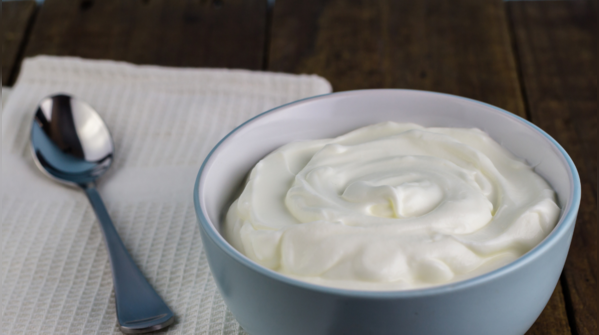
3/7
Nutritional comparison
Greek yoghurt typically contains more protein (about 10g/100g) compared to Dahi (about 3 3g/100g), due to the straining process. Dahi, however, often contains slightly more calcium. Greek yoghurt is also lower in carbohydrates and has less lactose, making it easier to digest for some. Fat content varies: full-fat Dahi has similar fat levels to full-fat Greek yogurt. Choosing between them depends on your dietary needs — whether you're prioritising protein, digestion, or taste.
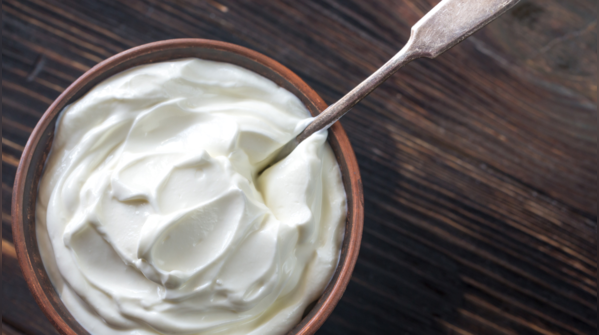
4/7
Health benefits
According to the National Institutes of Health (NIH), both dahi and Greek yoghurt are packed with probiotics that aid digestion, boost immunity, and improve gut health. Greek yoghurt's high protein makes it ideal for muscle repair and weight management. Dahi's natural fermentation may preserve more diverse bacterial strains, which some studies link to better gut flora diversity. Regular consumption of either has been associated with lower risks of type 2 diabetes and heart disease.
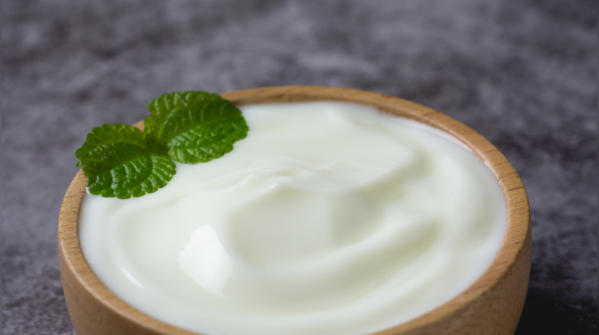
5/7
Culinary uses
Dahi is widely used in Indian cuisine — from marinades to lassi, raita, and curries. Its mild flavour blends easily into savory and sweet dishes. Greek yoghurt is popular in Western cuisines, used in smoothies, dips (like tzatziki), desserts, and baking. Greek yoghurt’s thickness provides creaminess without heavy cream. Dahi's thinner texture suits traditional Indian recipes better, while Greek yogurt offers versatility in high-protein meals and snacks.
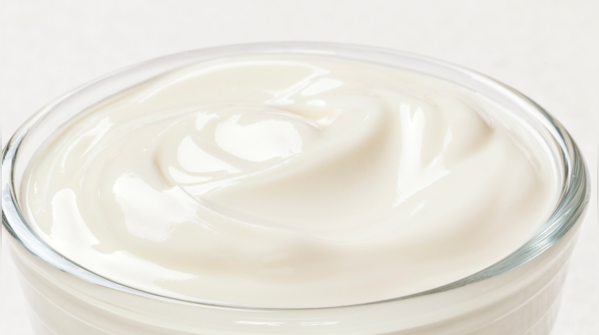
6/7
Cost and availability
In India, dahi is inexpensive and easily homemade, offering a highly economical source of nutrition. Greek yoghurt, being an imported or premium product, is often costlier and less accessible in rural areas. In Western countries, Greek yoghurt is widely available and often preferred for health-centric diets. Making Dahi at home requires minimal effort and no specialised equipment, while making Greek yoghurt involves additional straining.
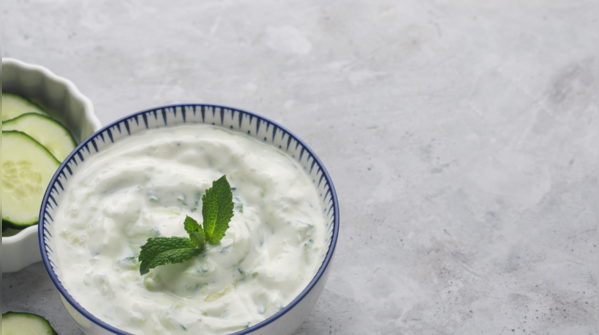
7/7
Conclusion
According to Harvard Health Publishing, both dahi and Greek yoghurt are excellent choices, depending on personal needs. For higher protein and creaminess, Greek yoghurt wins. Dahi is unbeatable for affordability, tradition, and broader gut health benefits. Greek yoghurt may offer a slight edge if fitness and weight loss are goals. If cultural authenticity and cost matter more, Dahi is the clear choice. Ideally, including both in a balanced diet offers the best of both worlds.
Follow Us On Social Media

 8 hours ago
35
8 hours ago
35













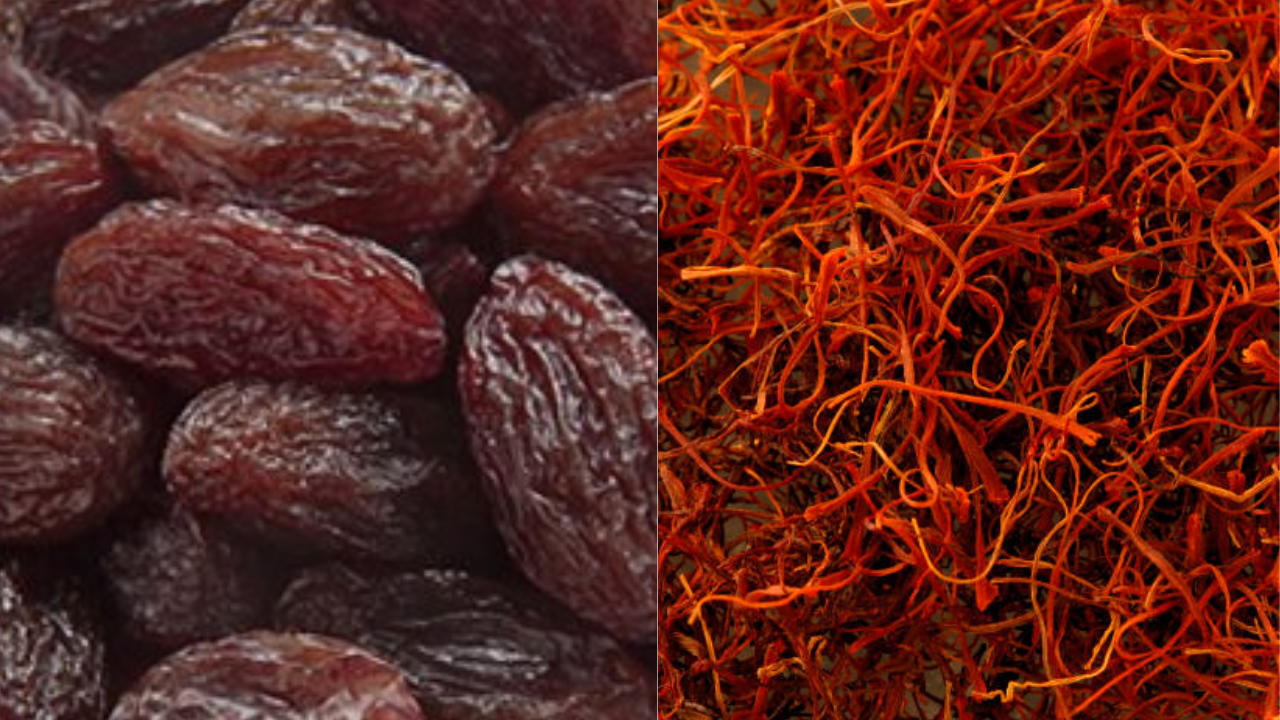














 English (US)
English (US)